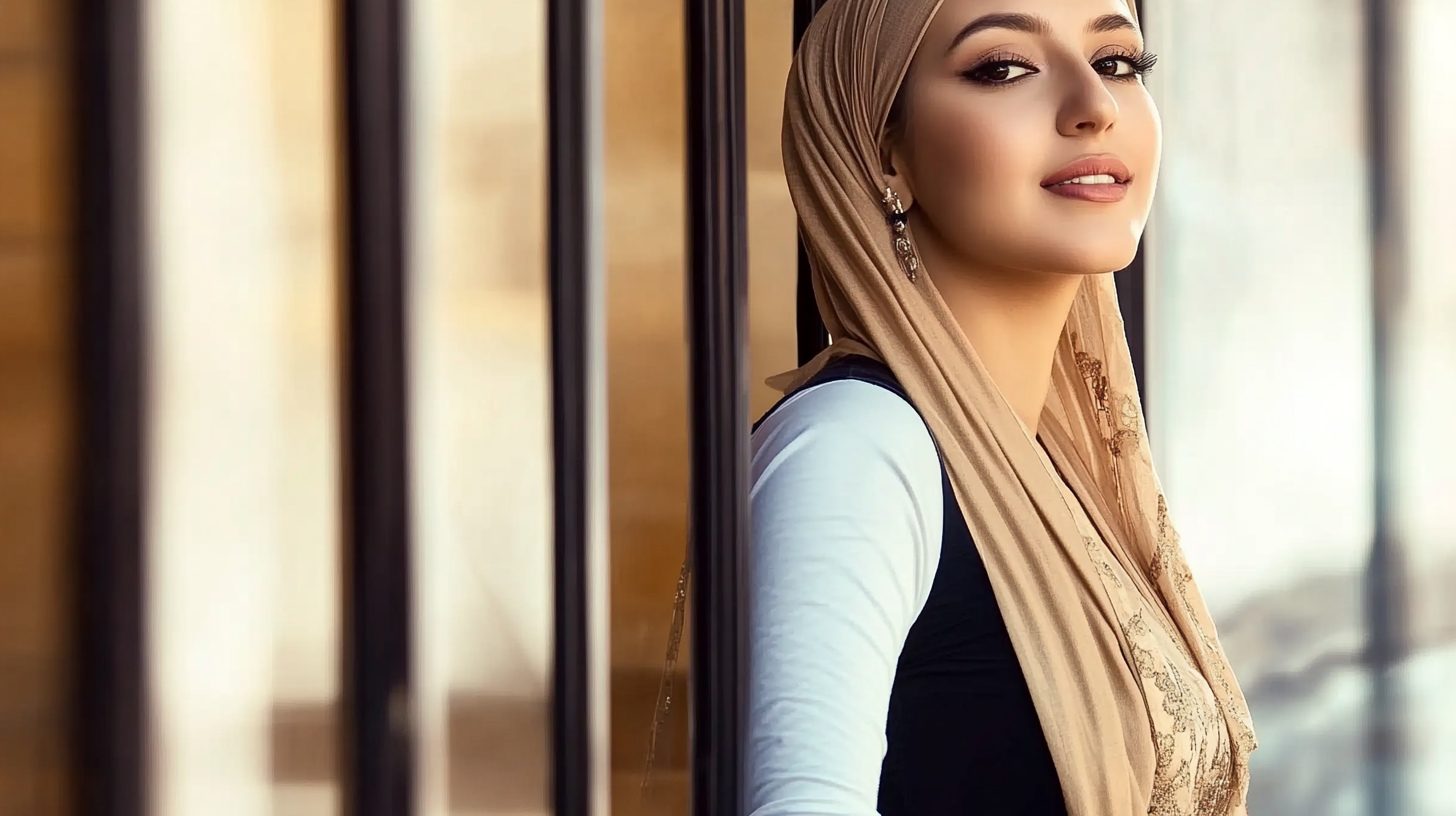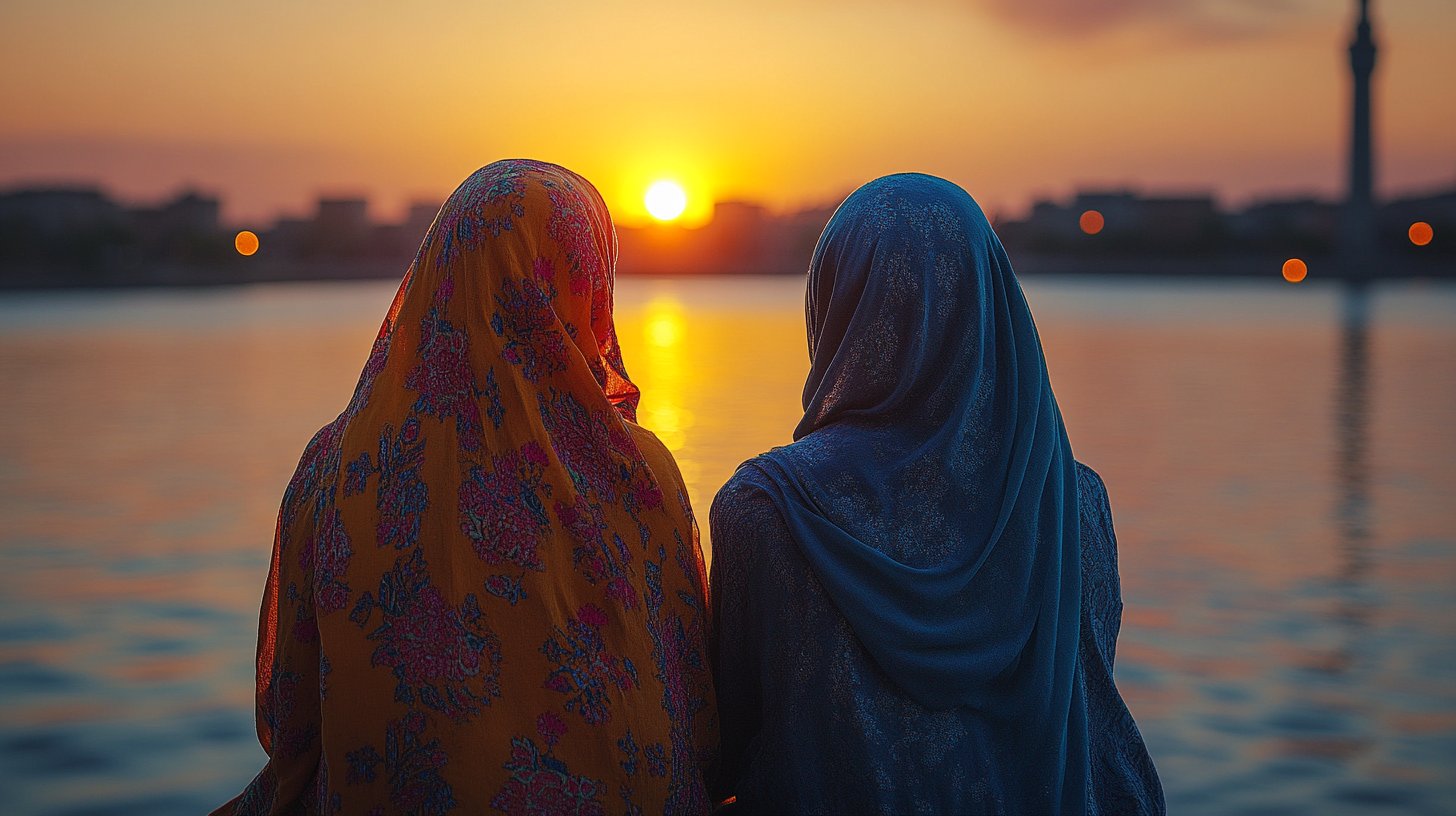Muslim dating, often termed Halal dating, is guided by Islamic principles. It prioritizes modesty, respect, and the intention of marriage.
Core Islamic Principles in Dating
Islamic dating emphasizes intentions aligning with marriage (Nikah), avoiding physical intimacy before marriage, and upholding modesty in interactions.

Halal Dating: Permissible Boundaries
Halal dating, rooted in Islamic teachings, establishes clear boundaries to ensure relationships remain within permissible limits before marriage. These boundaries primarily concern interactions, intentions, and physical contact. Premarital intimacy is strictly prohibited, encouraging couples to focus on emotional and intellectual compatibility. Meetings often occur in public spaces or with a chaperone (Mahram) to avoid seclusion (khalwa). Open communication about intentions is paramount, ensuring both parties are aligned on the goal of marriage. Modesty in dress and behavior is essential, reflecting respect for oneself and Islamic values. Discussions about religious beliefs, values, and future aspirations are encouraged to assess compatibility. Halal dating aims to foster meaningful connections while adhering to Islamic principles, emphasizing the importance of building a strong foundation based on mutual respect and shared values. These boundaries serve to protect individuals from potential harm and ensure the relationship remains blessed according to Islamic guidelines.

Key Guidelines for Muslim Women Dating
For Muslim women, key guidelines involve prioritizing marriage intentions, maintaining modesty, respecting family involvement, and adhering to Islamic values.

Marriage as the Primary Goal
In Islamic dating, the primary intention should be marriage. This foundational principle shapes the approach and conduct of both individuals involved. For Muslim women, approaching a relationship with the clear goal of finding a suitable life partner is crucial. Dating is not viewed as a casual or recreational activity but rather as a serious endeavor to establish a lifelong commitment. This intention guides decision-making, communication, and the overall direction of the relationship. It encourages individuals to prioritize compatibility based on shared values, religious beliefs, and future aspirations. Having marriage as the primary goal fosters a sense of responsibility and commitment from the outset. It also helps to avoid emotional entanglement in relationships that are unlikely to lead to a lasting union. Openly communicating this intention early on is essential for ensuring both parties are aligned and working towards the same objective. This clarity of purpose promotes transparency and honesty, which are vital for building a strong and healthy relationship based on Islamic principles. Ultimately, the intention of marriage provides a framework for navigating the complexities of dating while staying true to one’s faith and values.

Modesty and Conduct
Modesty and appropriate conduct are paramount in Islamic dating, reflecting respect for oneself, one’s partner, and Islamic values. For Muslim women, this extends to dress, speech, and behavior. Clothing should be modest, covering appropriately and avoiding revealing attire. Interactions should be respectful and dignified, avoiding flirtatious or suggestive language. Physical contact before marriage is strictly prohibited, maintaining a focus on emotional and intellectual connection. Online interactions should also adhere to these principles, ensuring modesty and respect in all communications. Maintaining a sense of self-respect and dignity is crucial, as it reflects one’s commitment to Islamic principles. Avoiding situations that could compromise one’s modesty or lead to inappropriate behavior is essential. Seeking advice from trusted family members or religious mentors can provide guidance and support in navigating the complexities of dating while upholding these values. Modesty and appropriate conduct not only demonstrate adherence to Islamic teachings but also contribute to building a strong and respectful foundation for a potential marriage. This creates an environment of trust and mutual respect, fostering a relationship that is pleasing to Allah and beneficial for both individuals.

Family Involvement and Respect
Family involvement and respect are integral to Muslim dating, reflecting the importance of familial ties in Islamic culture. For Muslim women, seeking the blessings and guidance of their family is crucial when considering a potential marriage partner. This often involves introducing the prospective partner to the family early in the dating process. Respecting the family’s values, traditions, and concerns is essential for building a positive relationship. Open communication with family members about the relationship can provide valuable insights and support. Family involvement is not about ceding control but rather about seeking wisdom and guidance from those who have the woman’s best interests at heart. Showing respect for elders and valuing their opinions demonstrates a commitment to Islamic principles and strengthens familial bonds. In some cases, family members may act as chaperones during dates to ensure propriety and provide support. Ultimately, family involvement and respect contribute to creating a strong foundation for a marriage that is blessed by both Allah and the family. This collaborative approach ensures that the woman is supported and guided throughout the dating process, leading to a more fulfilling and successful union.

Navigating Cultural and Religious Expectations
Dating requires balancing diverse Muslim cultures and religious practices. Understanding and respecting these variations is crucial for building strong relationships.

Respecting Diverse Muslim Cultures
The Muslim world encompasses a vast array of cultures, each with its unique traditions and customs influencing dating practices. Respecting these diverse cultural expressions is paramount when dating someone from a Muslim background. What may be acceptable in one culture could be frowned upon in another. For instance, levels of family involvement, expectations for courtship duration, and customs surrounding marriage proposals can vary significantly. Engaging in open and honest conversations about these cultural differences is crucial for avoiding misunderstandings and building a strong foundation of mutual respect. Learning about your partner’s cultural heritage demonstrates a genuine interest in their background and values. This could involve researching their family traditions, understanding their dietary customs, or even learning a few phrases in their native language. Being mindful of cultural sensitivities, such as modesty in dress and behavior, is also essential. Ultimately, respecting diverse Muslim cultures involves embracing the richness and complexity of the Muslim world and approaching relationships with an open mind and a willingness to learn and adapt. This fosters a deeper connection and strengthens the bond between partners from different cultural backgrounds.

Understanding Religious Practices and Beliefs
A fundamental aspect of navigating Muslim dating is understanding and respecting Islamic religious practices and beliefs. This involves gaining knowledge about core tenets of Islam, such as the importance of prayer (Salah), fasting during Ramadan, and the concept of halal (permissible) and haram (forbidden). Understanding these principles provides a framework for appreciating the role of faith in your partner’s life. Engaging in open and respectful conversations about religious beliefs is crucial for fostering mutual understanding. This could involve discussing the significance of certain rituals, exploring differing interpretations of Islamic teachings, or simply asking questions to clarify any uncertainties. Being mindful of religious practices, such as prayer times and dietary restrictions, demonstrates respect for your partner’s faith. Supporting their commitment to religious obligations, such as attending religious services or observing halal dietary guidelines, can strengthen your bond. Ultimately, understanding religious practices and beliefs involves embracing the importance of faith in your partner’s life and approaching the relationship with a sincere desire to learn and appreciate their religious values. This fosters a deeper connection and strengthens the foundation of a relationship built on mutual respect and understanding.

Practical Tips for Halal Dating
Halal dating benefits from group settings and open communication. Transparency about intentions and involving family aids in respectful relationship building.

Meeting in Group Settings
In Halal dating, meeting in group settings is a practical approach to maintain propriety and encourage a comfortable environment for both individuals. This practice helps avoid seclusion (khalwa), which is discouraged in Islam, and allows for more natural interactions. For Muslim women, group settings can provide a sense of security and support, especially in the initial stages of getting to know someone. Meeting with friends or family members present can also offer valuable insights into the prospective partner’s character and interactions with others. Group activities can range from casual gatherings at restaurants or coffee shops to attending community events or religious functions together. This approach allows for observation of the individual’s behavior in a social context, providing a broader perspective beyond one-on-one interactions. It also helps to gauge compatibility with your social circle and family, which can be crucial for long-term relationship success. Ultimately, meeting in group settings promotes a respectful and transparent dating environment, fostering a sense of community and support while adhering to Islamic principles. This approach helps to ensure that the focus remains on building a genuine connection based on shared values and mutual respect.

Transparency and Communication
Transparency and open communication are cornerstones of successful Halal dating, fostering trust and mutual understanding between partners. From the outset, it’s crucial to be honest about your intentions, values, and expectations for the relationship. This includes discussing your religious beliefs, cultural background, and future aspirations. For Muslim women, expressing their needs and boundaries clearly is essential for maintaining a respectful and comfortable dating environment. Open communication extends to discussing sensitive topics, such as family expectations, financial matters, and career goals. Active listening and empathy are vital for understanding your partner’s perspective and addressing any concerns that may arise. Regular check-ins and honest feedback can help to navigate the complexities of dating and ensure both individuals are on the same page. Transparency also involves being open about your past experiences and any potential challenges that may impact the relationship. Ultimately, transparency and open communication build a strong foundation of trust and mutual respect, fostering a healthy and fulfilling relationship that aligns with Islamic principles. This approach helps to ensure that both partners are well-informed and committed to building a lasting union based on honesty and understanding.

Addressing Challenges and Misconceptions
Muslim dating, like any relationship, presents unique challenges and often faces misconceptions. One common misconception is that Muslim dating is restrictive and lacks genuine connection. In reality, Halal dating emphasizes meaningful conversations and emotional compatibility while adhering to Islamic principles. Another challenge arises from cultural differences, as Muslim communities vary significantly in their traditions and expectations. Navigating these differences requires open communication and a willingness to learn about each other’s backgrounds. Balancing religious obligations with modern dating practices can also be challenging. Finding ways to integrate faith into the relationship while respecting individual choices requires compromise and understanding. External pressures from family and community can also pose challenges, particularly when expectations differ from personal desires. Addressing these challenges requires patience, empathy, and a strong commitment to building a relationship based on mutual respect and shared values. Seeking guidance from trusted family members, religious mentors, or relationship counselors can provide valuable support in navigating these complexities. Ultimately, overcoming challenges and dispelling misconceptions requires education, understanding, and a willingness to embrace the richness and diversity of Muslim dating experiences.

Building Meaningful Connections
Building meaningful connections in Muslim dating requires focusing on emotional and intellectual compatibility while adhering to Islamic principles. This involves engaging in deep conversations about values, beliefs, and life goals. Sharing personal experiences and vulnerabilities can foster intimacy and trust. Active listening and empathy are essential for understanding your partner’s perspective and building a strong emotional bond. Spending quality time together, whether in group settings or during meaningful activities, can strengthen the connection. Supporting each other’s personal and professional growth demonstrates a commitment to the relationship. Finding common interests and engaging in shared hobbies can create opportunities for bonding and connection. Praying together and discussing religious topics can deepen the spiritual connection. Showing appreciation and affection through words and actions reinforces the emotional bond. Ultimately, building meaningful connections involves creating a safe and supportive environment where both individuals feel valued, respected, and understood. This fosters a relationship that is not only compatible but also deeply fulfilling and enriching, leading to a lasting and meaningful union based on shared values and mutual respect.
Article Rating
- Rating


